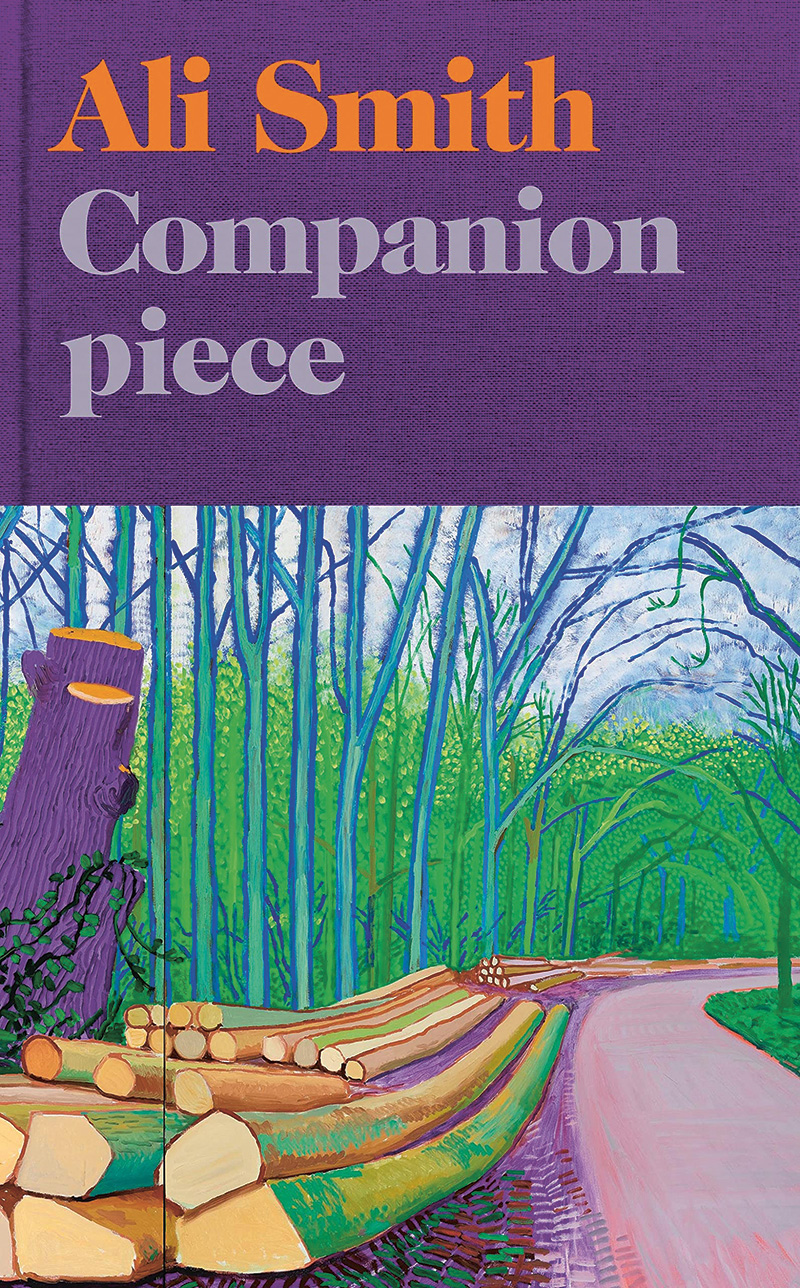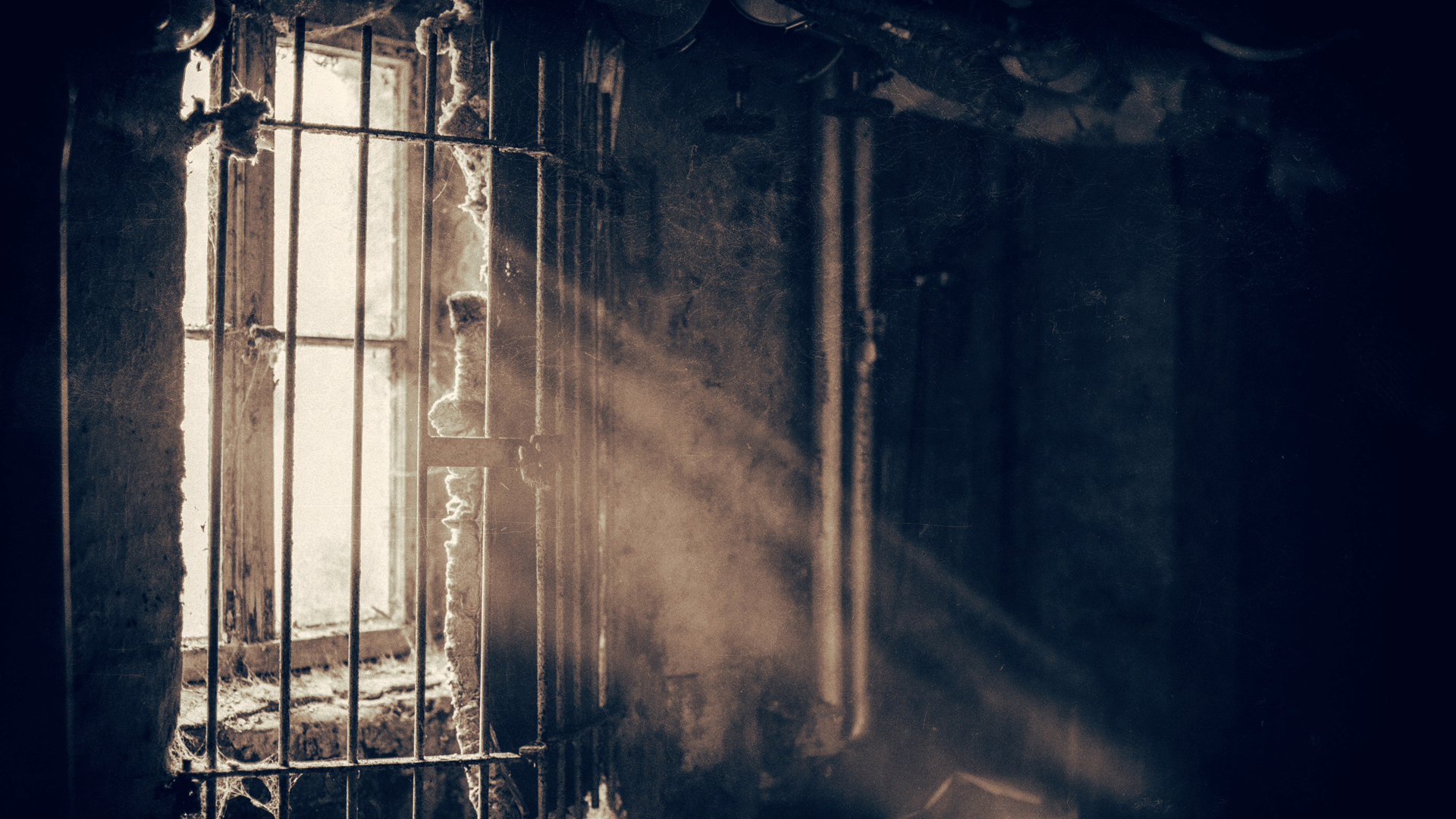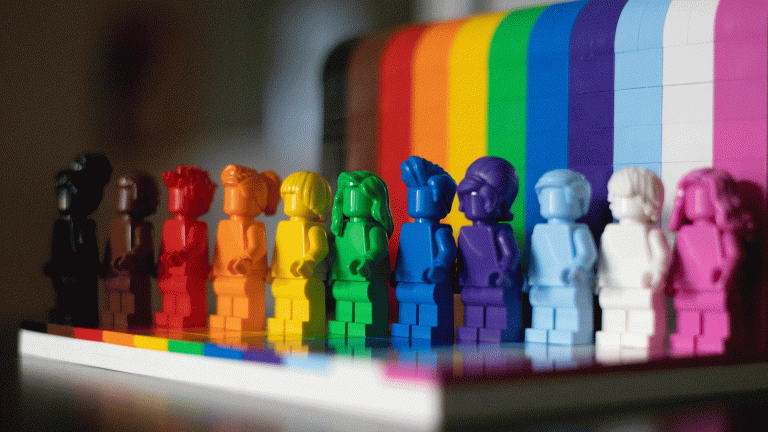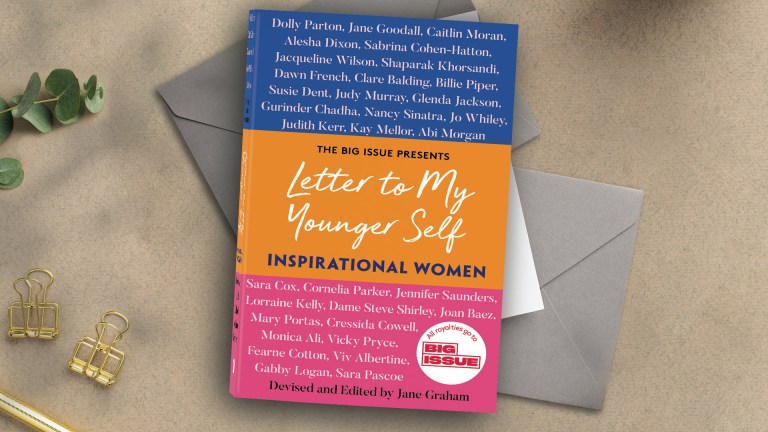
In Companion Piece, Ali Smith has offered her readers a new gift. This novel, like its earlier, fictional cousins – the Seasonal Quartet – was written and published with remarkable speed. It speaks to the disturbing events of our current world. In visionary prose, Smith figures the rage-inducing experiences of these recent years of pandemic, whilst weaving in episodes of injustice from the distant past.
At the novel’s core is Sand Gray, a queer artist who channels the exhaustion that many of us have felt during lockdown. Coping with the aftermath of her father’s heart attack, Sand has an existential crisis after an unexpected phone-call from Martina Inglis, an old classmate.
Martina shares a curious tale, about being trapped in a room by border control, whilst guarding the ‘Boothby Lock’, a museum relic with an untold history. Detained for hours, she hears a voice out of nowhere which states: ‘Curlew or curfew. You choose’. In classic Smithian style, this riddling phrase begins to haunt Sand’s waking life.
Smith delights in unpacking the complex history of words, hinting at the dangerous consequences of our desire to label people.
Various guests arrive uninvited at her house, from Martina’s bratty adult twins, to a mysterious shoeless girl, who may have arisen from a bygone century. Through these meetings, Smith shows the connections between the struggles that humans have collectively faced over generations on earth. For Smith, the angel is always in the details. She delights in unpacking the complex history of words, often hinting at the dangerous consequences of society’s desire to label people.
Companion Piece is a novel that can be painful to read at points – in part because Smith so acutely renders some of the horror and inequality of this plagued time.
However, importantly, this story also gleams with moments of compassion. From a young cyclist saying hello to an old man; to the companionship of birds and beasties; to the endless kindness of a nurse in hospital. Even as Smith reckons with all the difficulty of living in the world today, she also keeps us hoping.









